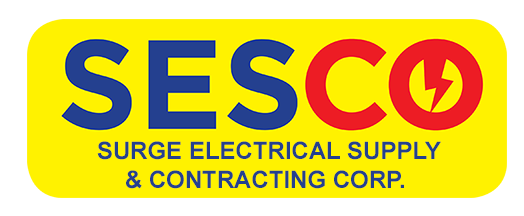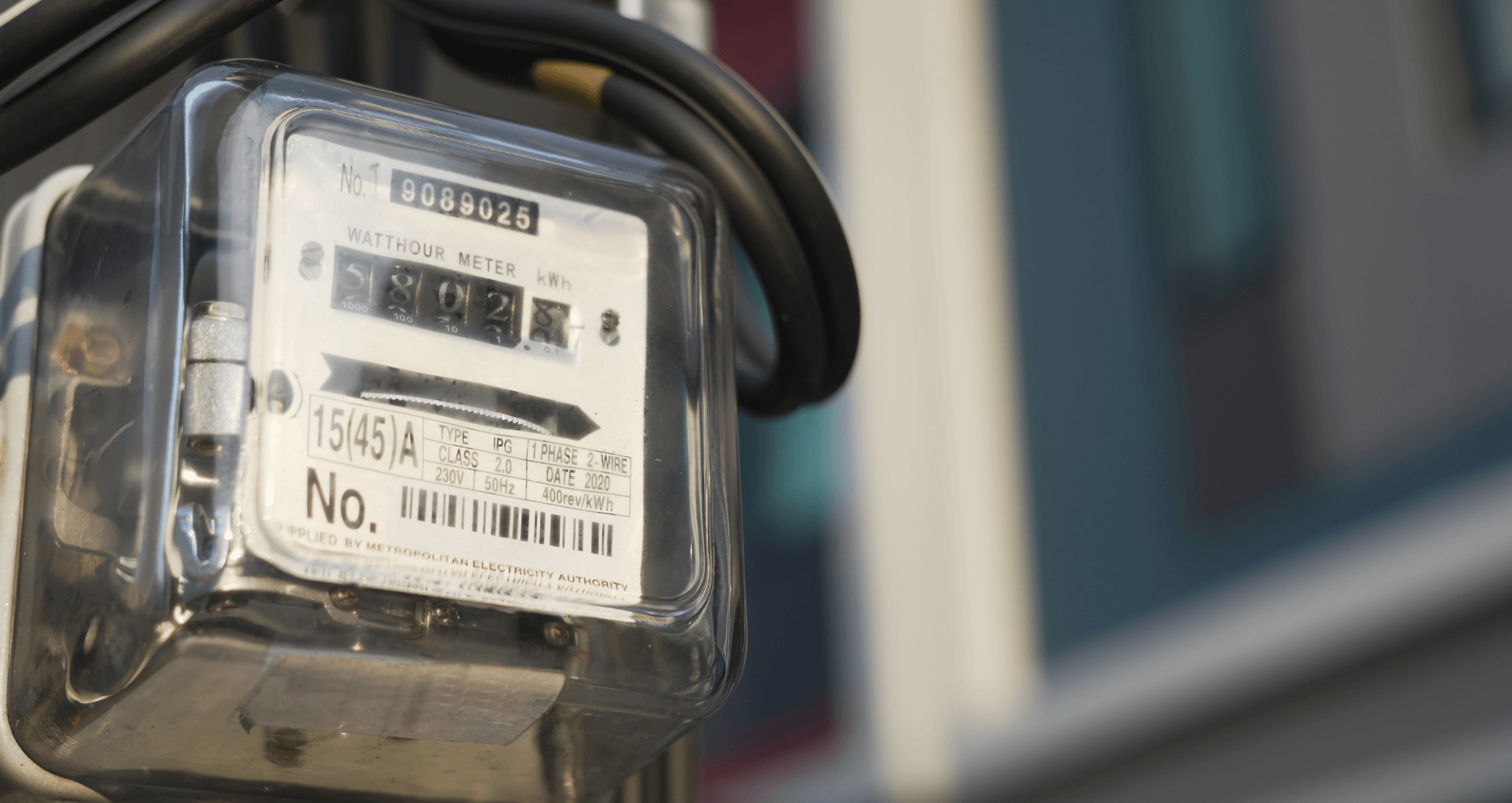
What is Net Metering?
Net metering is a system that allows homeowners and businesses with renewable energy systems (such as solar panels) to send excess electricity back to the grid. In return, the utility company credits the customer’s account for this surplus energy. Essentially, you “earn” credits when you produce more energy than you consume, and use those credits when your energy consumption exceeds your system’s production.
How Does Net Metering Work?
Installation of Renewable Energy System:
First, a renewable energy system (like solar panels) is installed at your property. This system generates electricity that powers your home or business.Energy Consumption vs. Energy Production:
During the day (when the sun is out), your solar panels may produce more electricity than your home or business needs. This surplus energy is then sent back to the electrical grid.The Metering Process:
A bi-directional meter is installed to track the flow of electricity. It measures how much energy you draw from the grid and how much you send back. When you generate more energy than you consume, the meter runs backward, effectively “banking” energy for later use.Credits and Utility Bill:
The utility company will credit your account for the excess energy you provide to the grid. These credits can be used to offset the energy you draw from the grid when your system isn’t generating enough power (e.g., during the night or on cloudy days). At the end of the billing cycle, you’re only paying for the “net” amount of energy you’ve consumed.
Benefits of Net Metering
Cost Savings:
One of the biggest advantages of net metering is reducing your electricity bills. With excess energy credited back to you, you’re essentially lowering your overall energy costs. In some cases, you may even get a credit check from the utility company if your system generates significantly more energy than you use.Energy Independence:
Net metering provides a step toward energy independence by giving you the ability to generate your own power. The more you rely on your own solar energy system, the less you depend on the utility company.Environmental Impact:
By reducing your reliance on fossil fuels, you’re contributing to a cleaner, greener environment. Solar energy is renewable and doesn’t produce harmful emissions.Incentives and Rebates:
In some areas, net metering is incentivized with tax credits, rebates, and other programs that make solar energy more affordable upfront.
Eligibility and Requirements
Not every state or utility company offers net metering, and the specific rules and regulations can vary greatly. Here’s what you should check:
State and Local Laws: Net metering is governed by state laws, and some states have more favorable net metering policies than others.
Utility Provider: Some utilities may offer net metering with certain limits on how much energy can be credited. Check with your local utility to understand their specific net metering program.
System Size Limits: There may be limits on the size of your renewable energy system. For example, you might only be able to install a system that produces up to a certain percentage of your energy needs.
Is Net Metering Right for You?
If you’re looking to lower your electricity bills, reduce your environmental footprint, and invest in long-term energy savings, net metering could be a great option. Solar energy systems, paired with net metering, can help homeowners and businesses save money and provide a cleaner, more sustainable energy source.
Before making any decisions, it’s important to do your research and determine whether net metering is available in your area. Consult with a professional solar contractor to evaluate your energy needs and system requirements.


